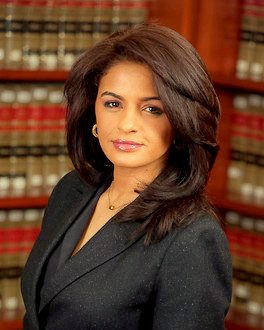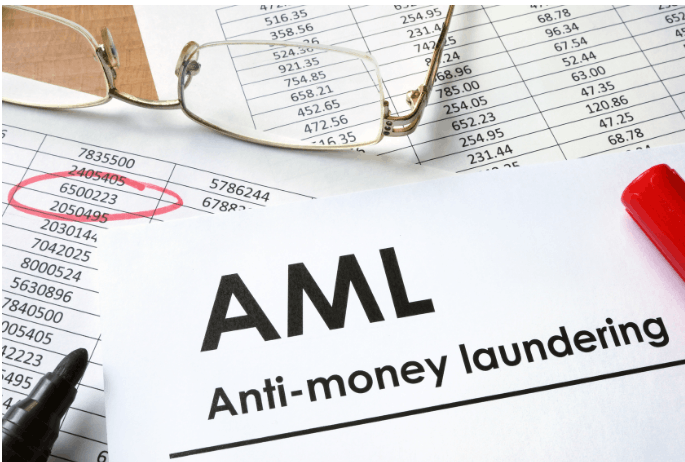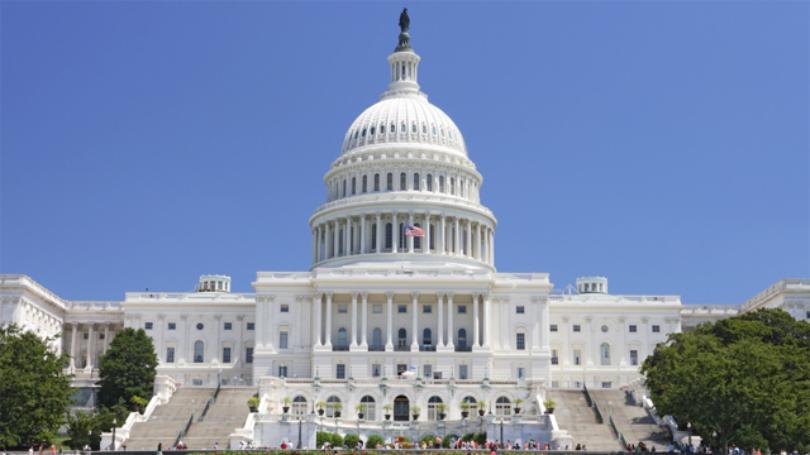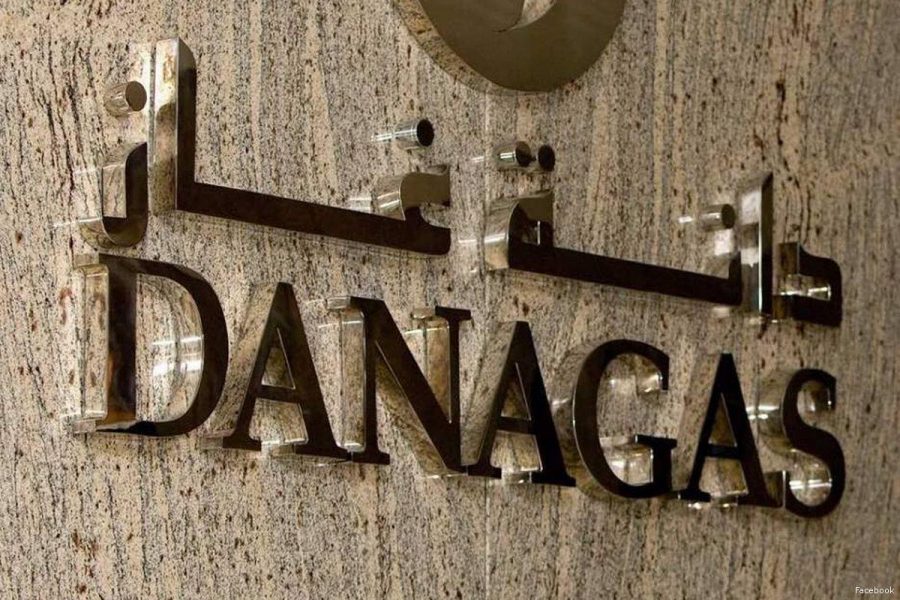House Bill Would Enhance U.S. States’ Iran Sanctions Authority
House Bill Would Establish National Strategy for Combating Terrorism Financing
World Bank Accountability Act of 2017
Congressional Hearing: Managing Terrorism Financing Risk in Remittances and Money Transfers
OFAC Directive 1 “New” Financing, Debt, Equity: Explainer
OFAC Directive 1 Explainer: “New” Financing, Debt, Equity In light of the July 30, 2015 addition to the U.S. Sectoral Sanctions list of the Russian Direct Investment Fund and other Russian financial services sector actors, key definitions and mechanics of OFAC's…







